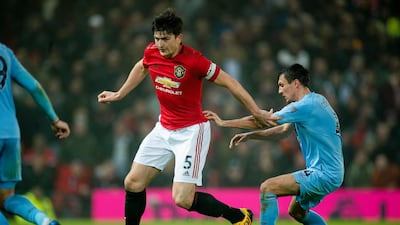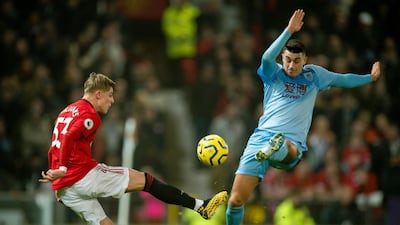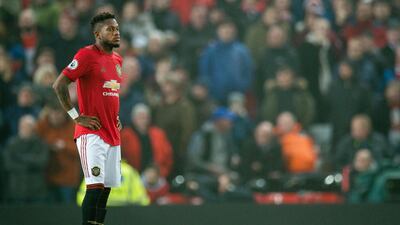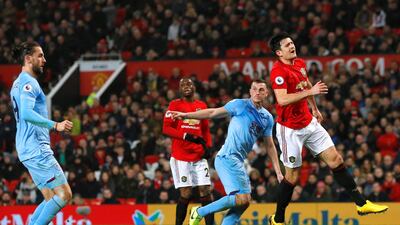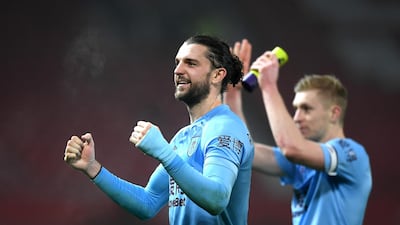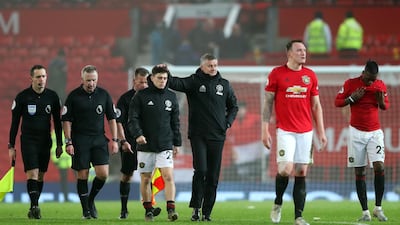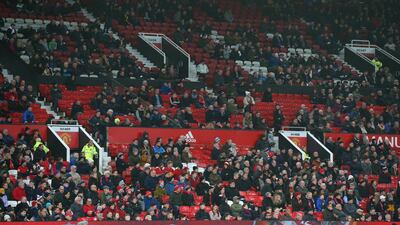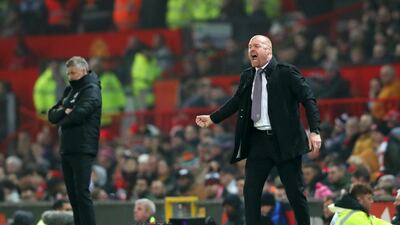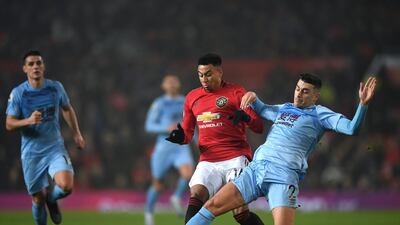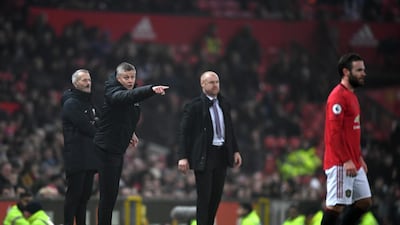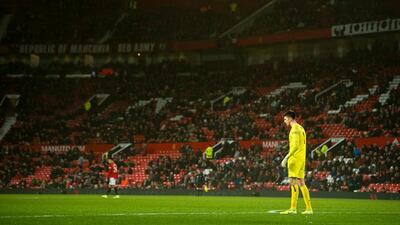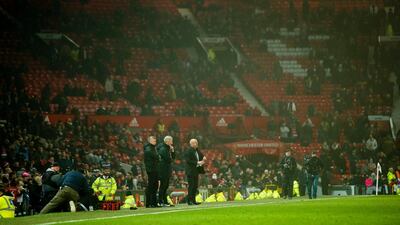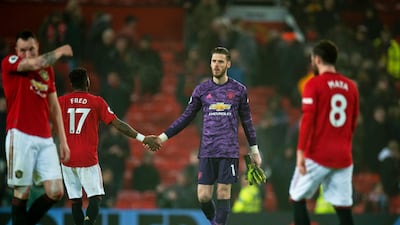The previous time Burnley won at Old Trafford was 1962. The following year a disillusioned St Johnstone reserve was considering emigrating to Canada. A recall against Rangers and a hat-trick later, a young Alex Ferguson changed his mind. The course of history was altered.
Ferguson made plenty of it at Old Trafford. So have others since his retirement in 2013. Burnley’s first win on Manchester United soil in 58 years followed plenty of other milestones. There was Crystal Palace’s first in the league since 1989.
The last seven seasons have also featured Norwich’s first since 1989, Everton’s since 1992, Southampton’s since 1988, West Brom’s since 1978, Newcastle’s since 1972, Sunderland’s since 1968, Cardiff’s since 1954 and Swansea’s first ever. And that is even before invoking United’s travails on their travels.
For them, historic humiliations have become increasingly frequent. They tend to contain certain common denominators. There is the sense they are less than the sum of their expensive parts and the wonder that so much has been spent to construct so little.
There is the impotence, the plodding play, the dismal wasteland of a midfield – have United had a worse one since they were relegated in 1974? – and the regular feeling their conquerors are better organised and better coached.
The problems predate Ole Gunnar Solskjaer and stretch beyond him. He retains the board’s backing; perhaps, having unnecessarily appointed him after a surreal three-month ride where not being Jose Mourinho – and his belief United remained the enchanted kingdom of Ferguson’s day – propelled him on a glorious run, they have to stick with their man.
Yet Solskjaer exposes them. His status as the hero of the Nou Camp means the Glazer family and executive vice-chairman Ed Woodward have no shield to protect them. The crowd have turned on them. The Glazers have drained money out of the club yet, given United’s excessive expenditure since Ferguson retired, blame has to be shared.
United had the funds but left themselves short of one forward and two midfielders in the summer transfer window.
They are now without their best forward and finest two midfielders. Marcus Rashford and Scott McTominay were overplayed by Solskjaer this season. Paul Pogba was in the last campaign. It is a moot point where bad luck ends and bad judgement begins, but the manager is partly culpable.
It is easy to say Solskjaer is a symptom, not a cause. Actually he is both. His cabal of former team-mates ought to display the honesty to accept he is part of the problem.
He is Old Trafford’s Chauncey Gardiner, an amiable figure who has stumbled into a position of authority and is out of his depth.
Solskjaer’s innate optimism and habit of starting sentences without knowing how they will end means he keeps talking himself into trouble.
He has had a dismal week on and off the field. On Tuesday, he said United had made strides forward in defeat to Liverpool. He accidentally put Rashford’s participation in Euro 2020 in doubt, only for the Englishman to clarify he will be fit. Earlier this month, he said there was no ‘I’ in Manchester, only to abruptly change tack when he realised there is one in United.
In his defence, he has had some of the right ideas, as his three signings, emphasis on youth and willingness to discard the ageing and declining show, but has lacked the skill to implement them. United have regressed since his permanent appointment. They have fewer league wins than Burnley in that time.
On the morning of March 10, Liverpool were 12 points ahead of United. When the final whistle blew on Wednesday, Solskjaer’s side had dropped 57 points since then and Jurgen Klopp’s just two. A gap the width of the Mersey has become a gulf the size of the Mississippi on Solskjaer’s watch.
Tactically, he seems oblivious to the changes in football since he retired in 2007. United can excel at blistering counter-attacking but they lack any kind of strategy for a possession game in the opposition’s half which each of the leading managers has. But then that is what United feel: trapped in the past.
Solskjaer is rarely happier than talking about 1999. United is a club where too many people have been inadequate at their jobs for too long. Part of Ferguson’s genius was to camouflage that. Now failings are glaringly apparent.
They are not being remedied. Their January business means they now in effect have two communications directors while they still have no director of football. It shows how priorities have been warped. It isn’t spin United require, however, but substance.
